
Parents know the soundtrack: “Clean your room!” followed by silence or eye-rolls. Kids have a magical talent for selective hearing, especially when it’s time for chores, homework, or bedtime. The trick isn’t shouting louder but speaking in ways that hook their attention. With the right phrases, stubborn moments transform into chances to connect and even share a laugh or two.
“I Understand How You Feel”

Acknowledging feelings helps reduce resistance and opens a path to real communication. Children listen more attentively when they feel heard and understood. Even at age three, kids can recognize dismissiveness. Brain studies show that validation lowers activity in stress-related regions, which improves emotional regulation and strengthens trust.
“Let’s Try This Together”
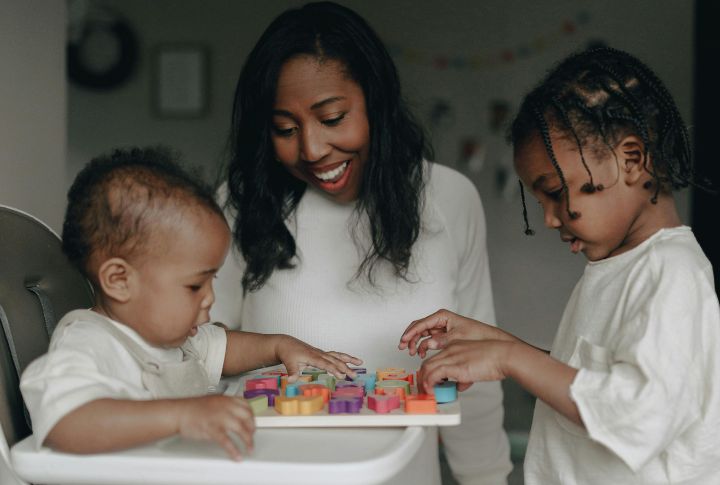
To shift tense moments into teamwork, collaboration is key. Instead of conflict, cooperation grows naturally to ease power struggles. Joint tasks release oxytocin, which makes kids more open and engaged. Research also shows that using “we” language significantly boosts compliance and reinforces a sense of unity between parents and the little ones.
“What Do You Think We Should Do?”
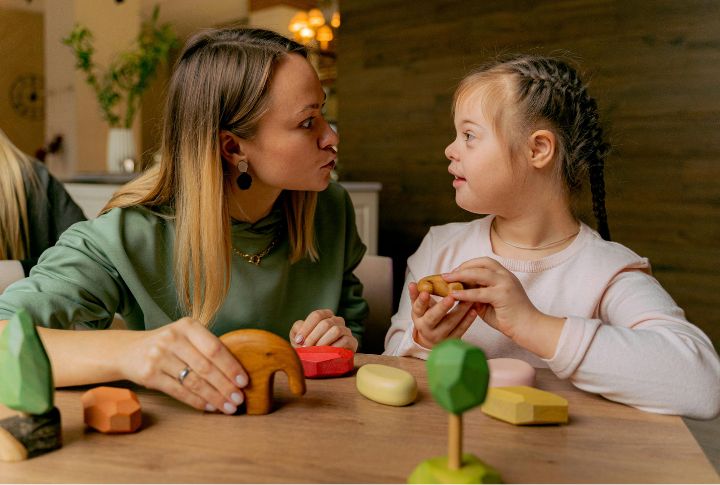
This phrase engages children in problem-solving and gives them ownership of solutions. Rather than encouraging defiance, it promotes critical thinking. Kids given choices display fewer tantrums and develop decision-making skills that boost independence for adulthood.
“Can You Show Me How You’d Do It?”

Stubborn behavior can be used to engage kids in a positive way. Saying this allows them to shine and feel capable of replacing defiance with pride. Teaching back helps children retain information more effectively. What starts as resistance becomes a playful challenge that strengthens learning and confidence.
“I Need Your Help With This”

Asking for help taps into a child’s natural drive to feel useful. This approach reduces conflict while boosting self-esteem. Even toddlers eagerly imitate chores, which shows how strong this instinct is. Children who feel helpful during small tasks are also more likely to listen later, building habits of cooperation.
“Would You Like Option A Or B?”
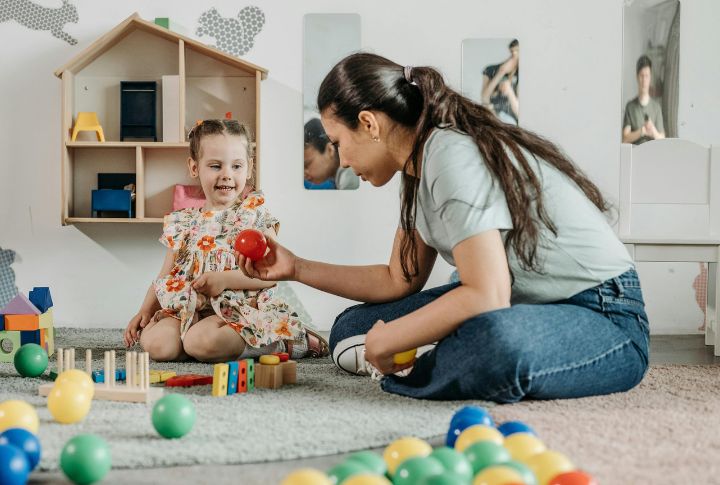
When there are two options, children can enjoy structure without sacrificing freedom. This approach reduces defiance by eliminating overwhelming possibilities while still empowering autonomy. Studies show children comply faster when given two clear options, compared to direct commands that often spark resistance.
“I Love Spending Time With You, Even Now”

Reassuring children of love, even during conflict, strengthens trust. This unconditional message makes them more receptive to listening and cooperation. Positive reinforcement is proven to increase attentive behavior. Children who feel secure in their parents’ love also argue less frequently, as reassurance reduces defensiveness and improves family harmony.
“Let’s Pretend We’re A Team Solving A Puzzle”
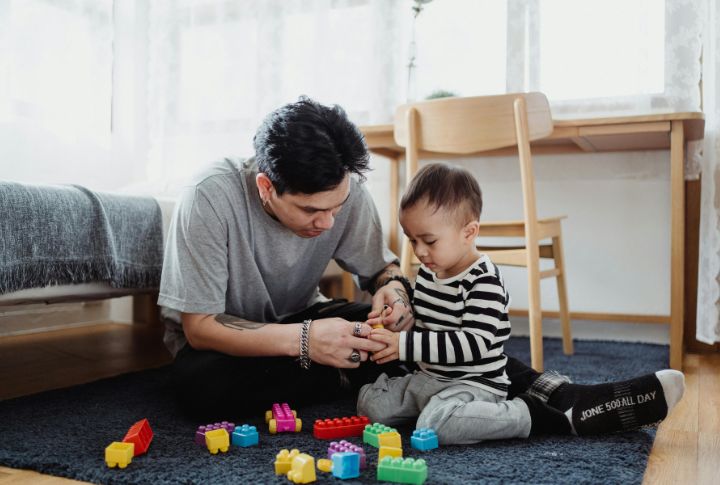
To overcome stubborn moments, parents can turn conflict into play. Resistance is softened when challenges feel like collaboration. Play is scientifically shown to reduce cortisol, which lowers stress. Gamified tasks also boost engagement, especially when linked to a child’s interests or learning style, so cooperation becomes more natural and rewarding.
“I’ll Listen First, Then You Listen To Me”
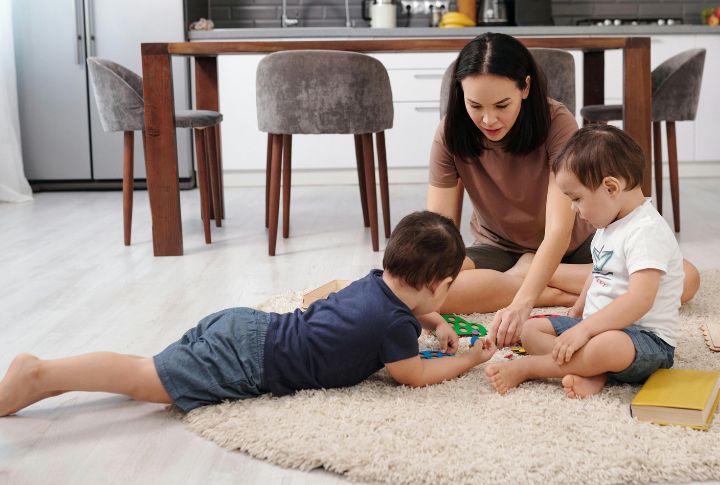
Promising to listen first models respect and fairness. This approach encourages reciprocal communication and turns arguments into dialogue. Children mirror parental behaviors, as demonstrating patience teaches them to follow suit. Active listening also improves impulse control in kids and helps them pause before reacting and creating calmer interactions overall.
“Let’s Make A Deal”

This method reduces power struggles by introducing balanced negotiation. Children love agreements because they feel like contracts, and cooperation becomes exciting. Over time, practicing negotiation skills also builds emotional intelligence, equipping kids with tools for managing relationships effectively into adulthood.

